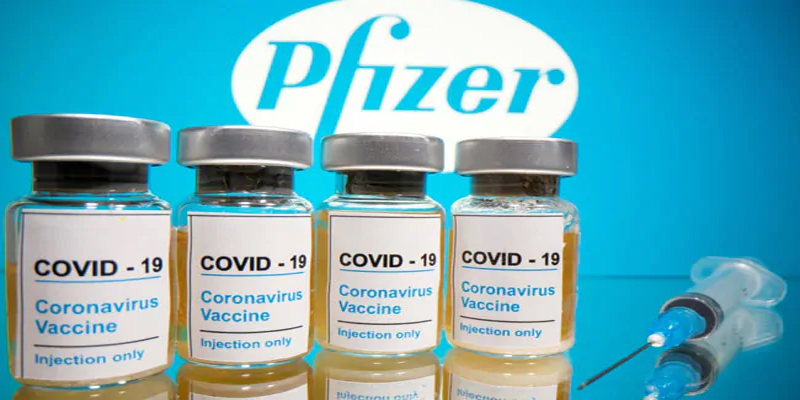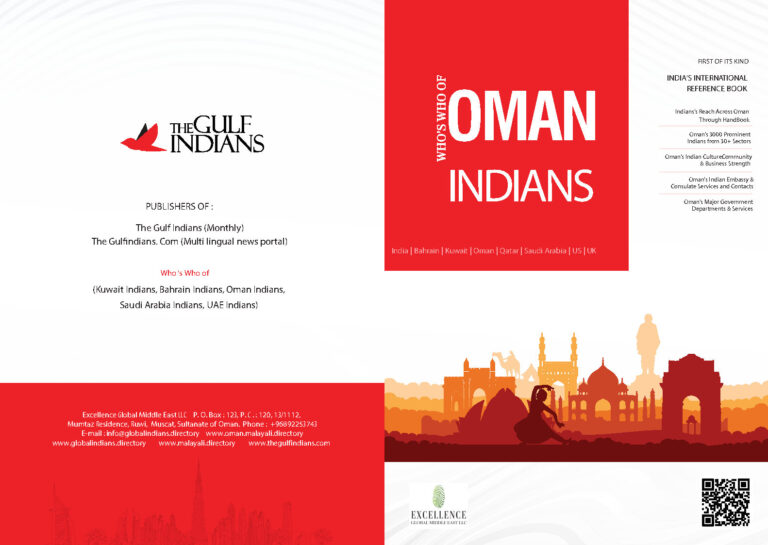If all goes well, BioNTech Chief Executive Ugur Sahin has said that deliveries of BioNTech-Pfizer vaccines could come as early as Christmas this year.
This comes after drugmaker Pfizer on November 18 said that their coronavirus vaccine candidate has shown 95 percent efficacy in the late-stage trial. The efficacy of vaccine was consistent across age and ethinicity demographics and there were no major side effects.
The vaccine is developed with German partner BioNTech SE.
Moderna had also announced that its experimental Covid-19 vaccine ‘mRNA-1273’ was 94.5 percent effective in preventing coronavirus.
In India, the third phase trial of Indian vaccine candidate Covaxin is also set to start on November 20 in Haryana. The trials will take place at Post Graduate Institute of Medical Science, Rohtak in Haryana.
Covaxin is being developed indigenously by Bharat Biotech in collaboration with the Indian Council of Medical Research (ICMR).
Meanwhile, those worried whether the vaccines can protect against coronavirus mutation can relax. A new study involving a University of York virologist has said that vaccines currently being developed for Covid-19 should not be affected by recent mutation in the virus.
Most vaccines under development worldwide have been modelled on the ‘D-strain’ of the virus.
Since then, the virus has evolved to the globally dominant ‘G-strain’, which now accounts for about 85 per cent of published SARS-CoV-2 genomes.
There had been fears that the G-strain, within the main protein on the surface of the virus, would negatively impact vaccines under development. But the research by Australia’s national science agency – the Commonwealth Scientific and Industrial Research Organisation (CSIRO) – found no evidence that the change would adversely impact the efficacy of vaccine candidates.












